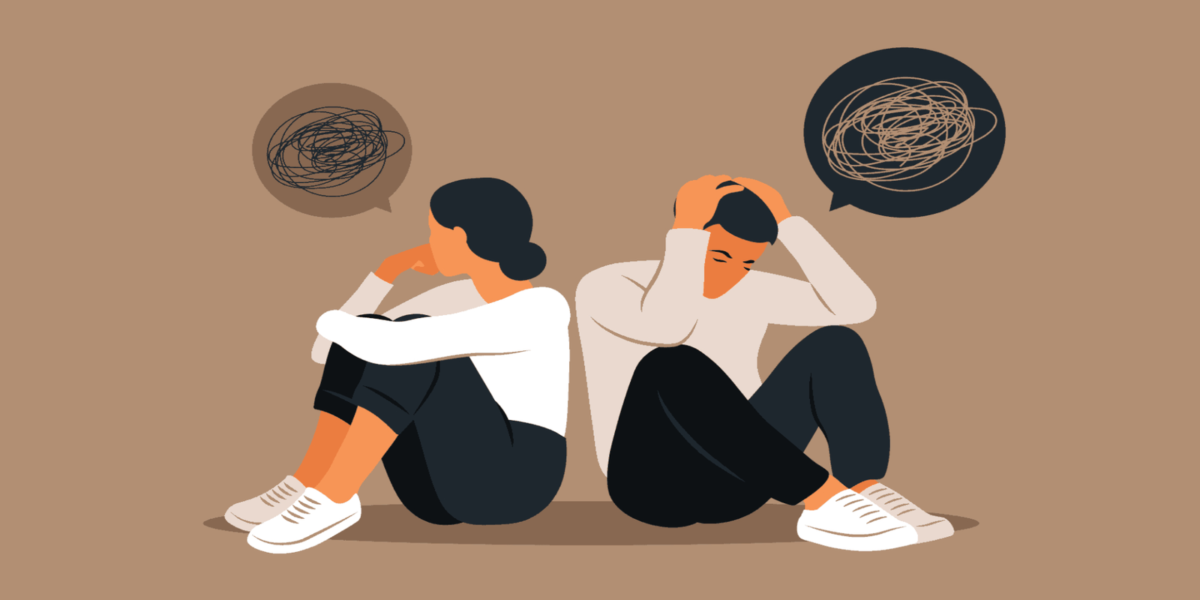Since the dawn of time, casual relationships have been a part of human interaction. With evolving social norms, new terms frequently emerge to describe these undefined connections. Following “intimate buddies” and “friends with benefits,” the latest buzzword is “situationship.” But what does this term really mean?
“A situationship is a romantic arrangement that exists before or without a ‘defining the relationship’ conversation,” explains Saba Harouni Lurie, a therapist based in Los Angeles. This dynamic can be temporary, such as after a few dates, or it can define the entire relationship, especially in transient scenarios like a short-term city assignment.
Jess Carbino, a sociologist formerly with Tinder and Bumble, adds, “Situationships can be defined as a romantic relationship that lacks commitment and the associated norms and expectations.” Essentially, it’s a label for a label-free relationship.
Pros and cons of situationships
Pros:
- Self-Growth: Situationships allow individuals to explore dating and relationships, enhancing personal growth.
- Freedom and flexibility: There’s liberty to make decisions independently, without the constraints of a committed relationship.
- Intimacy without commitment: It satisfies the human need for closeness without the pressure of long-term commitments.
- Convenience: Ideal for those not ready for commitment due to life circumstances, such as imminent relocation or recent breakups.
Cons:
- Lack of support: These relationships often lack the stable support found in more committed partnerships.
- Emotional vulnerability: Undefined relationships can lead to self-doubt and emotional uncertainty.
- Ambiguity: The lack of clear norms can cause frustration and anxiety.
- Conflict: Differing views on the relationship can lead to significant conflict and resentment.
Identifying a situationship
Several signs indicate you might be in a situationship:
- Lack of progress: If there’s no evolution in the relationship, such as meeting friends or celebrating anniversaries, it’s likely a situationship.
- Multiple partners: If your partner is romantically involved with others, it suggests a lack of commitment.
- Short-term plans: Plans are often made at the last minute, indicating a lack of long-term intentions.
- Inconsistency: Regular communication and meetings are not a given.
- Excuses to avoid time together: Frequent excuses for not spending time together are common.
- Superficial conversations: Conversations remain surface-level, lacking depth and vulnerability.
- No future talks: Discussions about the future are absent.
- Direct communication: If they explicitly state they don’t want a serious relationship, believe them.
- Behavioral cues: Actions indicate a lack of interest in a serious commitment.
- Anxiety: Persistent anxiety about the relationship is a telltale sign.
- Boredom: Repetitive, unchanging interactions can signal stagnation.
Moving forward
If you’re comfortable with the arrangement, setting clear boundaries is crucial. Communicate your expectations to ensure mutual understanding. If your needs change, it’s important to have an open discussion about the future of the relationship.
Red flags and ending a situationship
Key red flags include inconsistent communication, lack of curiosity about your life, and minimising your needs. If these arise, it may be time to end the relationship. Ending a situationship requires a direct conversation, whether in person, over the phone, or via text. Avoid ghosting, and aim for a respectful, clear message.
Post-breakup, focus on self-care and reflection. Dating can be challenging, but maintaining self-compassion and prioritizing your needs is essential.
Situationships offer a unique blend of freedom and intimacy but come with their own set of challenges. Understanding your needs and communicating them clearly can help navigate these modern relationship dynamics effectively.
















